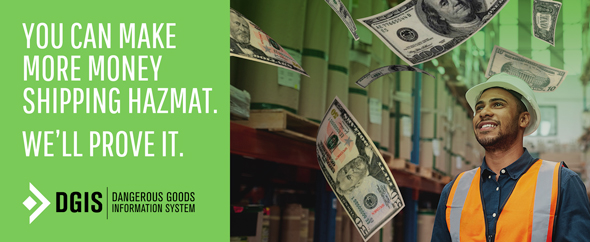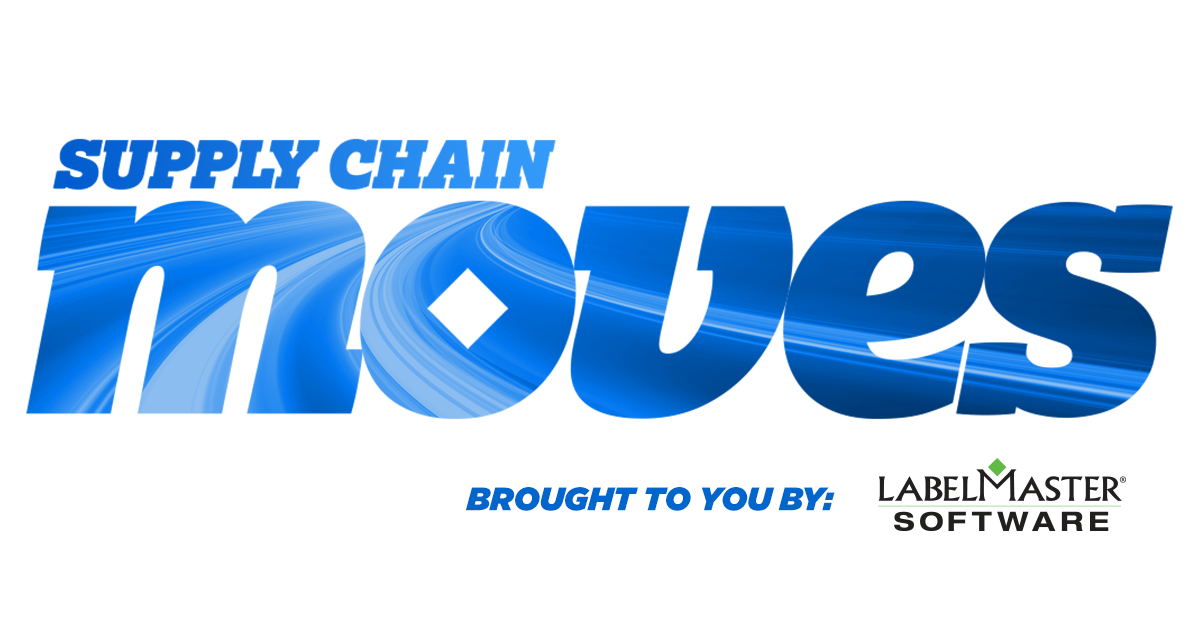

Week of November 9th, 2020
Linking technology news with Dangerous Goods compliance
With the surge of e-commerce orders expected to continue through the holiday season and into 2021, manufacturers, retailers, carriers and logistics providers are all looking to technology to help keep pace.
To help companies keep a pulse on technology trends impacting business and the movement of dangerous goods throughout the supply chain, Labelmaster has launched “Supply Chain Moves,” a bi-weekly report linking the latest technology news to dangerous goods compliance.
Let’s examine the recent supply chain technology and industry news.
TECHNOLOGY
- FedEx is Upgrading its Tech for a Holiday Season in Pandemic Times: With people depending on deliveries more than ever, FedEx is calling in robots and adopting other gadgets to efficiently get packages where they’re going.
- 7 Supply Chain Trends to Watch in 2021: They are trends that show the vital role of technology in the supply chain, and how its use has grown beyond inventory management and logistics.
- How to Ship Large Format Lithium Batteries: 13 Things Every E-Commerce Shipper Must Know: Many of the hot items being sold online this holiday season use lithium batteries, which are fully regulated hazmat. Here are 13 things every e-commerce shipper should know about shipping these items.
- A Paradigm Shift: Intelligent Supply Chain Planning Systems: AI and machine learning have made supply chain planning systems more intelligent. This is manifested in people augmenting decisions made by the system rather than the traditional way of systems augmenting the human decision-making process.
- Sensor Advancements Will Be Key to Overcoming Supply Chain Disruptions: COVID-related disruptions have created new challenges for retail and manufacturing operations. A new report identifies how sensors can be used to improve and modernize logistics.
3PL TECH
- Gartner’s Hype Cycle for Supply Chain Execution Technologies: Gartner’s Hype Cycle for Supply Chain Execution Technologies 2020 examines current technology trends and how they will evolve in the coming years.
- Automation Upgrades Warehouse Execution Systems to Essential Status: WES technology creates a digital twin, providing inventory management traditionally found in a WMS while adding the ability to control automated infrastructure.
- Logistics Giant Navigates Technologies Disrupting Supply Chains: While technology can help businesses respond and recover from disruptions, it is equally important to understand where technology causes added disruption rather than resolving it.
- How Managed IT Support Services Improves Business Efficiency & Profits: Managed IT support services can help you relieve various business challenges, such as increasing efficiency and profitability, while allowing you to scale and minimize human resource challenges.
Technology & Dangerous Goods Compliance
The e-commerce industry has continued to surge throughout the COVID-19 pandemic and all signs indicate that this will continue through the holiday season. And some of the fastest-growing, most popular gifts use large format lithium-ion batteries: power tools, leaf blowers, lawn mowers, chainsaws, snow blowers, e-bikes and more.
These rechargeable batteries—and the products they power—pose a transport hazard, including a small but significant risk of spontaneously catching fire due to a process called thermal runaway if the batteries are not packaged correctly and short circuit. That’s why lithium batteries are classified as considered dangerous goods, and why large format lithium-ion batteries are fully regulated hazmat.
Shipping dangerous goods is complex and complicated, so some companies shy away from these items. Yet there are customers who want to receive these products, and your competition is shipping to them compliantly every day.
In a recent blog post, Labelmaster outlines 13 things every e-commerce shipper should know about shipping large format lithium-ion batteries. Here are just a few:
- Any lithium-ion battery rated higher than 100 watt-hours (Wh) is fully regulated Class 9 hazmat.
- Large format lithium-ion batteries require UN specification packaging, special labeling and special documentation.
- If your standalone lithium battery shipment will be transported by air, it can only travel via cargo aircraft.
- Anyone who is involved in preparing or handling them for transport must have full hazmat training for all modes by which they’re shipped.
- There are different rules for shipping batteries packed with or in equipment.
- If you are a manufacturer or subsequent distributer you will need to have test summaries on file for each type of battery you ship.
Whether you ship a handful of large format lithium-ion batteries or a hundred thousand, you make sure your shipments are safe and compliant. Non-compliant battery shipments can hurt your bottom line, and in a worst-case scenario can injure or even kill workers in the supply chain.
Check out the full blog post to learn more about how to safely and compliantly ship lithium batteries this holiday season.
To learn more about dangerous goods software or how to establish a safer, more compliant supply chain, visit https://www.labelmaster.com.
Have questions about dangerous goods transport? Call the Labelmaster Regulatory Hotline at 1.800.621.5808.

As the industry’s most robust, flexible, and advanced hazmat shipping software, Labelmaster’s DGIS can actually help your operation make more money. DGIS validates shipments and prepares DG declarations so quickly, you can handle more shipments every hour. And more shipments mean more revenue.
Try your own numbers in our calculator to see the added revenue DGIS can generate for you.

